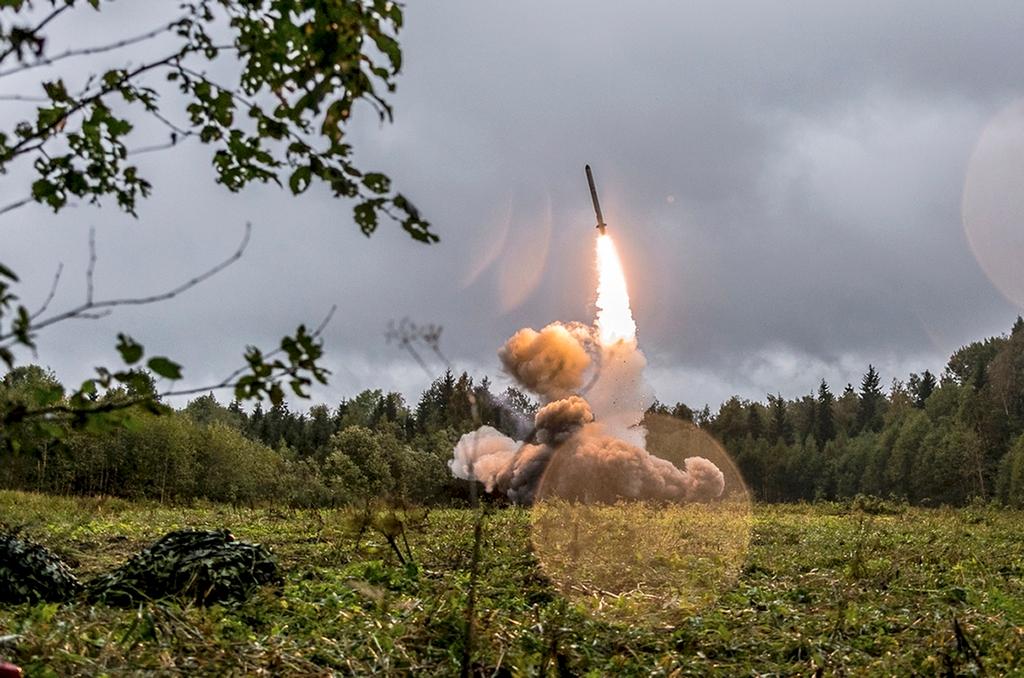
US official: ‘disappointing’ Geneva nuclear arms talks with Russia

The United States and Russia have held talks in Geneva on the Intermediate-range Nuclear Forces (INF) Treaty, which an American official later described as "disappointing".
“It is clear that Russia continues to violate the treaty in a substantial way,” US Under Secretary for Arms Control and International Security Andrea Thompson said after the meeting on Tuesday in the Swiss city.
“The Russian delegation led by Deputy Foreign Minister Sergueï Riabkov “did not come to explain how it plans to return to full and verifiable compliance,” she added.
Thompson said the US message was clear: “Russia must destroy its non-compliant missile system.”
Riabkov, for his part, said the US would be “entirely” responsible for any breach of the treaty.
“After this contact in Geneva, we clearly see Washington’s ambition to go all the way in its intention to destroy this agreement,” Riabkov said, cited by Russian press agencies. He denounced the “uncompromising and peremptory demands” of the US.
He said that in general there had been no progress in Geneva and no further meetings between the two countries were planned for the time being.
Moscow and Washington have been at loggerheads over the INF, which bans an entire class of weapons — all nuclear and conventional ground-launched ballistic and cruise missiles of intermediate range.
On December 4, the US warned it would suspend its obligations under the INF in 60 days if Russia did not return to full compliance. The US claims the Russian 9M729 cruise missile breaches the INF, which bans all land-based cruise and ballistic missiles with a range of 500 to 5,500 kilometers (300 to 3,400 miles.)
On December 21, Russian President Vladimir Putin issued his own warning over Washington’s intention to walk away from the 1987 treaty, and its reluctance to negotiate the extension of the 2010 New START agreement, which expires in 2021 unless the two countries agree to extend it.
“We are witnessing the breakup of the arms control system,” he said.
Several months ago, Switzerland urged all parties to respect the treaty.

In compliance with the JTI standards
More: SWI swissinfo.ch certified by the Journalism Trust Initiative





























You can find an overview of ongoing debates with our journalists here . Please join us!
If you want to start a conversation about a topic raised in this article or want to report factual errors, email us at english@swissinfo.ch.